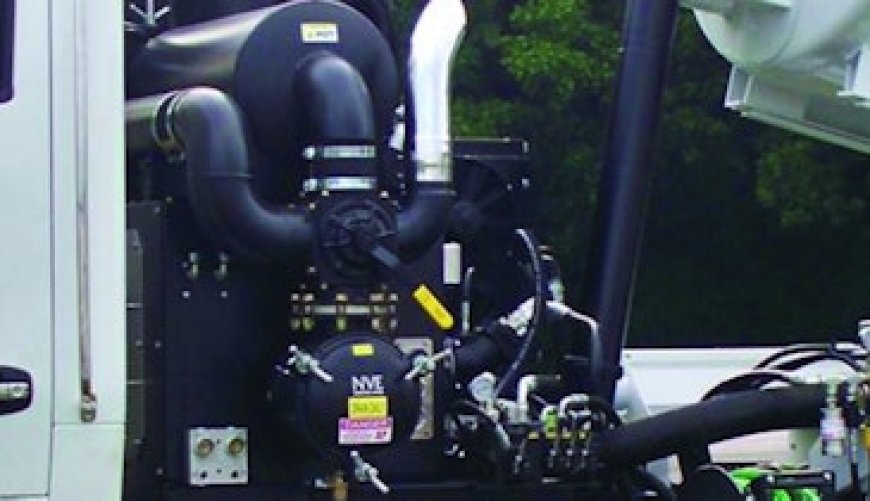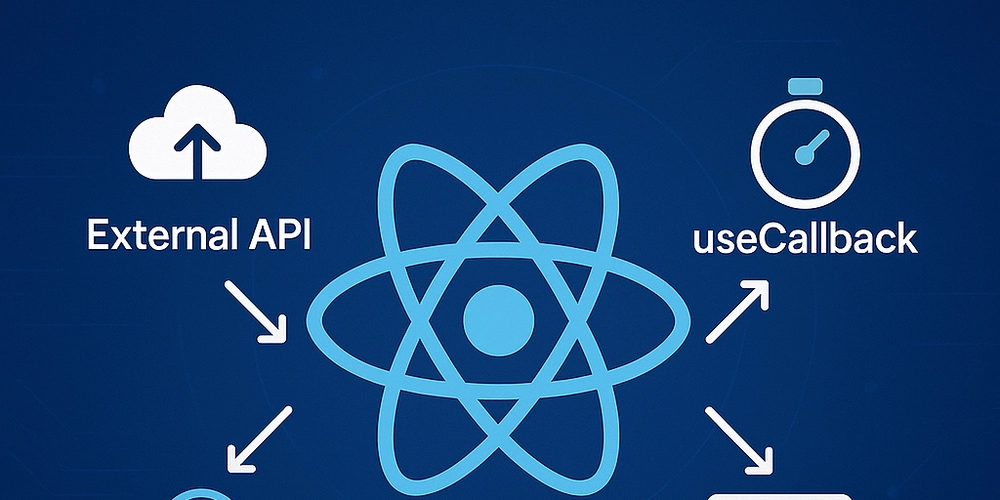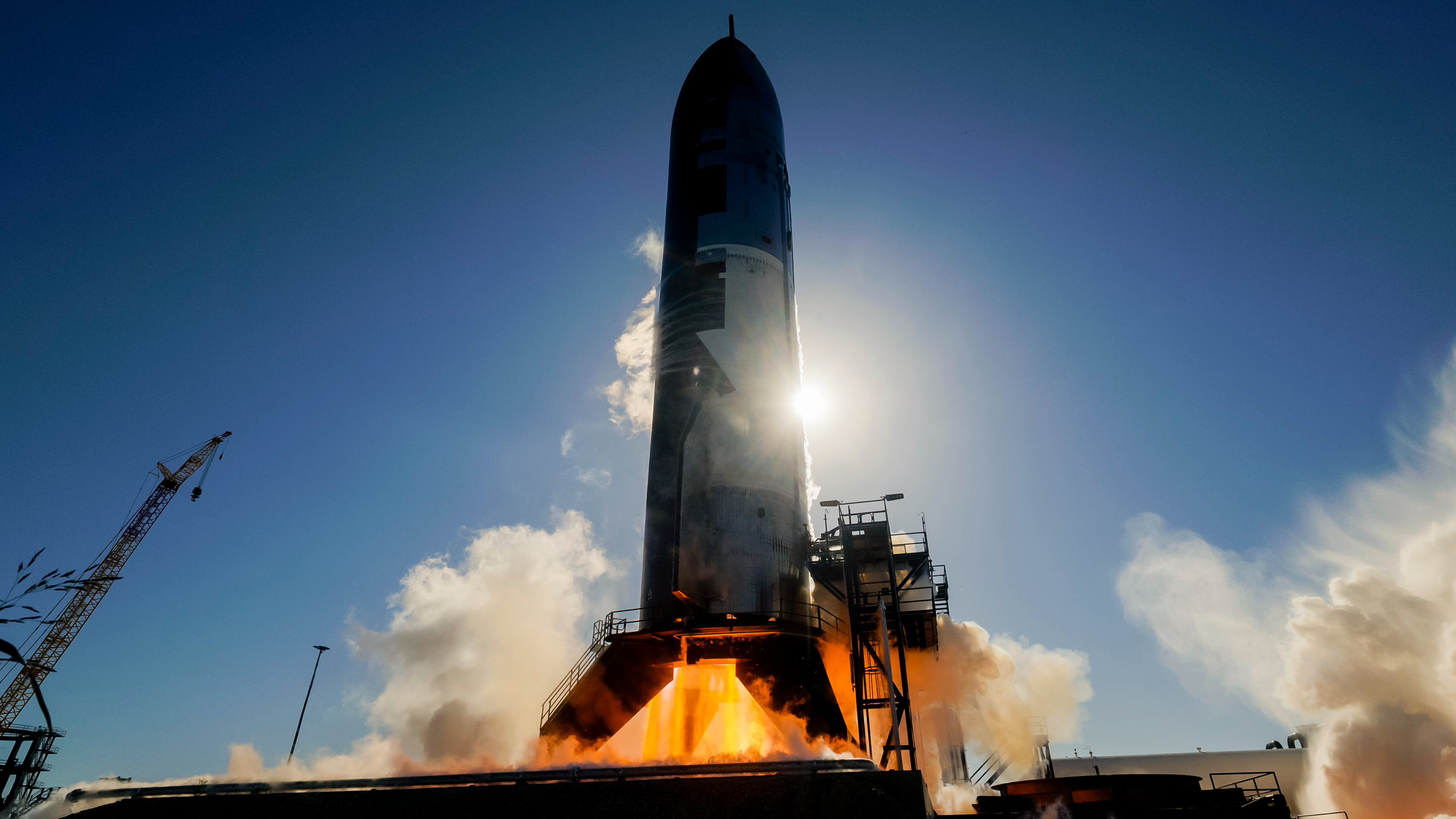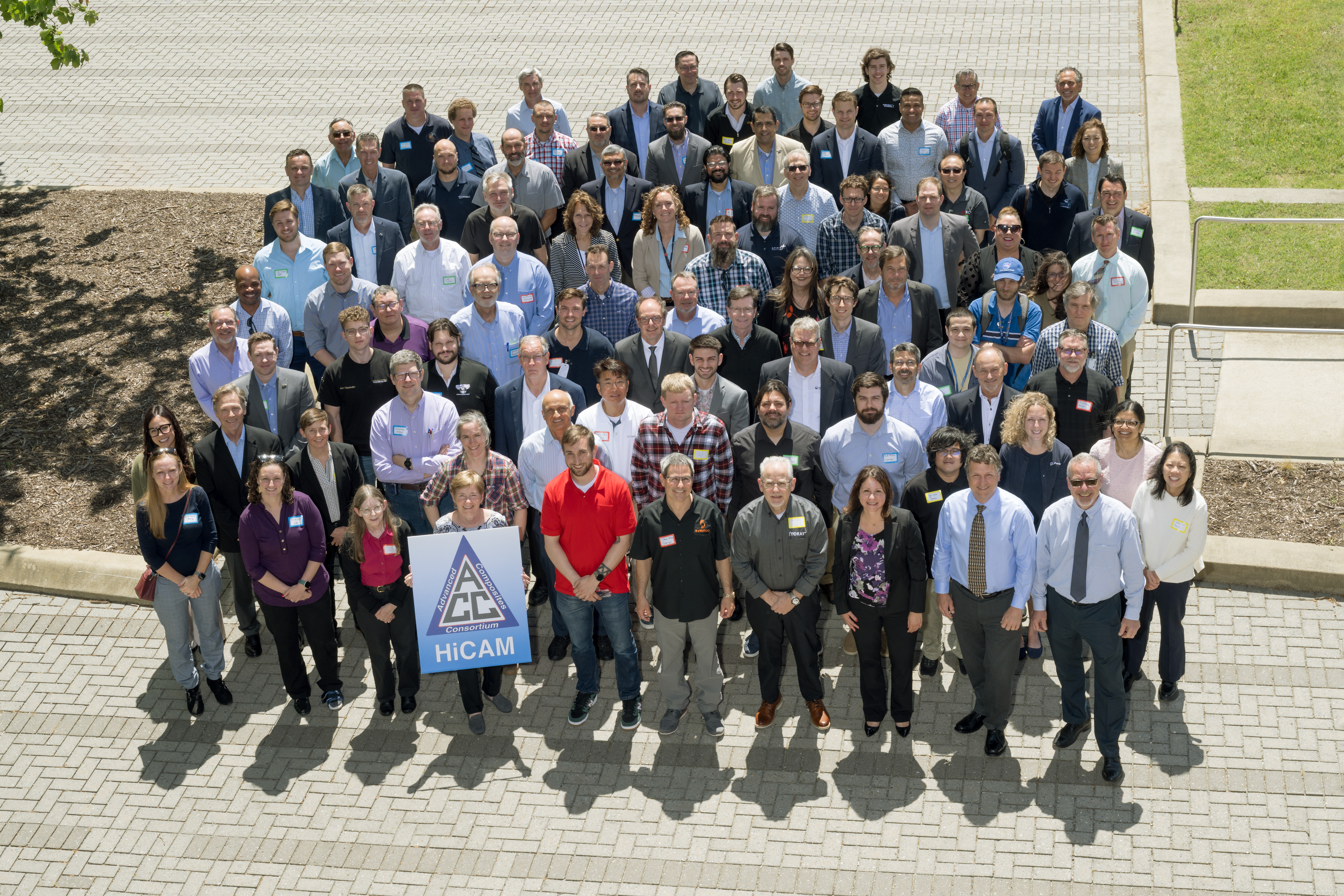The Role of Wolf Machinery Vacuum Excavation in Urban Utility Projects

As urban areas continue to expand and densify, the demand for safer, more efficient, and non-invasive construction methods becomes increasingly urgent. Among the most transformative technologies leading this change is vacuum excavation, a method that enables precise, non-destructive digging. In this space, Wolf Machinery vacuum excavation systems have carved out a significant role, offering advanced solutions to many of the challenges faced in modern urban utility projects.
Urban utility work—such as the installation, repair, or maintenance of water lines, telecommunications, gas pipes, and electrical conduits—demands both precision and caution. With a network of existing underground utilities already in place, one wrong move with traditional excavation tools can result in costly delays, service disruptions, or dangerous accidents. Wolf Machinery vacuum excavation technology directly addresses these issues by providing contractors with a safer, cleaner, and more efficient alternative.
Understanding Vacuum Excavation
Vacuum excavation is a non-mechanical, non-destructive method of soil removal. It uses high-powered air or water to loosen soil, which is then vacuumed into a holding tank. This method allows operators to expose buried utilities without the risk of damaging them, unlike conventional methods involving heavy machinery or manual digging with tools like shovels and backhoes.
Wolf Machinery vacuum excavation systems are designed to be robust and versatile, with models suited for a range of urban utility tasks. Whether it’s potholing to verify the location of a pipe or conducting full-scale trenching for new installations, these systems offer an unparalleled combination of precision, power, and environmental responsibility.
Key Advantages in Urban Utility Projects
1. Minimizing Utility Strikes
One of the biggest risks in urban excavation is striking existing utility lines. These accidents can lead to significant consequences, including power outages, gas leaks, water main bursts, and even personal injury. Wolf Machinery vacuum excavation reduces this risk dramatically by allowing for controlled, gentle soil removal around known or suspected utility locations.
Their systems are equipped with advanced controls and suction technology that enable operators to navigate densely packed underground networks without harming surrounding infrastructure. This makes them an essential tool in cities where utility congestion is common.
2. Improved Safety for Workers and the Public
Urban environments pose unique safety challenges—tight spaces, high foot traffic, and the presence of multiple hazards. Wolf Machinery vacuum excavation provides a safer alternative to traditional digging methods. By reducing the need for manual labor in the trench, the risk of cave-ins, equipment-related injuries, and exposure to hazardous materials is significantly lowered.
Moreover, the closed-loop nature of vacuum excavation systems minimizes dust, debris, and noise pollution—an important consideration in residential and commercial neighborhoods.
3. Precision in Confined Spaces
Cities rarely offer the luxury of wide-open work areas. Alleyways, sidewalks, and curbside locations all require compact, maneuverable equipment. Wolf Machinery vacuum excavation units are designed with this in mind. Many of their machines can be mounted on trucks or trailers and fitted with flexible hoses and booms that access difficult or constrained locations with ease.
This level of precision is especially valuable when working near historic structures, landscaping, or environmentally sensitive areas where traditional trenching would cause significant disruption.
4. Environmental and Regulatory Compliance
Municipalities are increasingly implementing strict regulations to protect public infrastructure, minimize environmental impact, and ensure worker safety. Wolf Machinery vacuum excavation supports compliance with these regulations by offering an inherently safer and cleaner method of digging.
Because the process avoids heavy mechanical impact, it reduces the likelihood of soil contamination, damage to tree roots, or disturbance of underground ecosystems. Additionally, the collected spoil is neatly contained within the vacuum tank, reducing mess and making it easier to manage disposal or reuse.
5. Time and Cost Efficiency
While the initial investment in vacuum excavation may be higher than manual digging or backhoe rental, the long-term savings are substantial. Wolf Machinery systems reduce downtime by limiting utility strikes, decreasing site restoration needs, and shortening project timelines. They also reduce labor costs by automating much of the digging and spoil removal process.
For utility contractors and public works departments, this translates into more efficient budgeting, faster project completion, and improved service reliability.
Applications in Urban Utility Projects
Wolf Machinery vacuum excavation is suitable for a wide range of applications in urban utility work, including:
-
Potholing or daylighting to verify the location of existing utilities before construction begins.
-
Slot trenching for the installation of new cable or conduit.
-
Repair and maintenance access where precise excavation is needed without damaging nearby lines.
-
Debris removal from storm drains or utility vaults.
-
Utility locating for mapping and documentation purposes.
As smart cities become more reliant on accurate subsurface data, vacuum excavation is also increasingly used in Subsurface Utility Engineering (SUE) programs, where accurate, damage-free information is essential.
The Wolf Machinery Advantage
What sets Wolf Machinery vacuum excavation apart is not just the technology but the company’s commitment to performance, reliability, and customer support. Their machines are engineered for high-performance suction and efficient soil separation, even in challenging conditions like wet clay or frozen ground. Many units offer options for air or hydro (water-based) excavation, giving contractors flexibility based on site conditions and regulatory requirements.
Wolf Machinery also provides comprehensive training and support, ensuring that contractors can operate their equipment safely and effectively from day one. With durable components, intuitive controls, and a strong focus on operator ergonomics, their machines are built to handle the demands of urban work environments.
Conclusion
Wolf Machinery vacuum excavation is reshaping the way urban utility projects are approached. In a world where infrastructure must be expanded, upgraded, and maintained with minimal disruption and maximum safety, this technology provides the ideal solution. From reducing utility strikes to enhancing worker and public safety, these machines are becoming an indispensable tool for modern contractors.


















































































